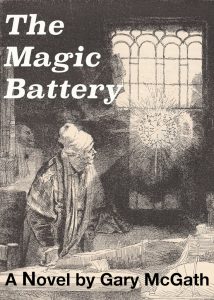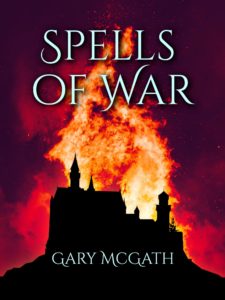With the explosion of Mastodon use, some people may have come across Bookwyrm, a federated network that uses ActivityPub protocols. It’s supposed to be something like a decentralized alternative to Goodreads. I was excited about it at first, but fortunately was quickly warned about its license. It’s unsuitable for me, for independent writers, and for advocates of freedom. I thought about whether I should even mention it, but decided I should post a brief warning.
The problem is write at the top: “This is anti-capitalist software, released for free use by individuals and organizations that do not operate by capitalist principles.” Software licenses that restrict who can use the software and for what purpose are almost always a bad idea, even when the restriction isn’t inherently bad, as it is in this case. Open-source code which only some people are allowed to use isn’t open-source.
Most obviously, it implicitly excludes publishing houses and self-employed authors. Organizations that aren’t employee-owned are explicitly excluded. That’s worse than senseless. Depending on how you read it, it could also exclude people who live by capitalist principles, such as giving value for value and rejecting governmental control over what can be published. 🚩
(more…)

